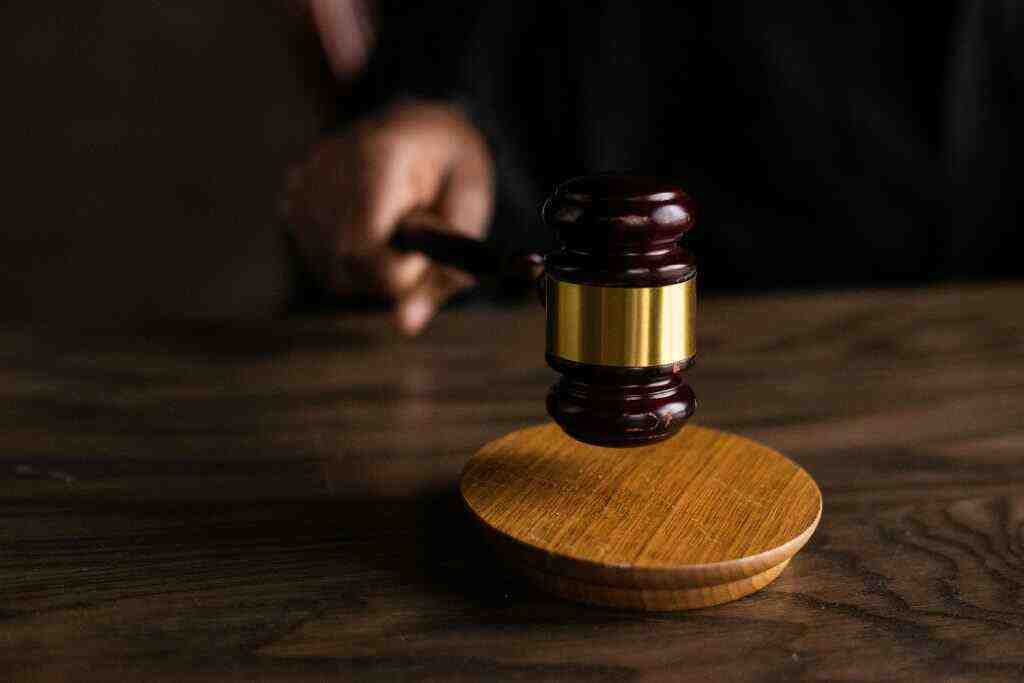Trump Clashes with Judge in Defamation Trial, Carroll Details Threats
January 17, 2024 | New York, NY
In a New York courtroom, former President Donald Trump engaged in a heated exchange with Judge Lewis Kaplan during a civil defamation trial, prompting a stern warning that his presence could be revoked. The trial centers on accusations made by E. Jean Carroll, who alleges that Trump sexually assaulted her in the 1990s.
Trump’s Disruptive Behavior in Court
Trump’s courtroom presence has been marked by audible commentary and disruptive remarks within earshot of the jury. Judge Kaplan issued a stern warning, emphasizing that Trump’s right to attend the trial could be forfeited if he continued to disregard court orders and cause disruptions. Trump responded defiantly, expressing his desire to be excluded from the proceedings.
Carroll’s Testimony and Fears
Taking the witness stand, E. Jean Carroll recounted the impact of Trump’s statements following her public accusation of sexual assault. She described the barrage of threatening messages and the profound impact on her sense of safety, revealing she hired security for both trials and kept a gun at her bedside out of fear.
Trump’s Response and Carroll’s Cross-Examination
Trump’s defense team sought to portray Carroll’s story as the catalyst for the harassment, rather than Trump’s denials. Trump’s attorney, Alina Habba, pressed Carroll about deleting threatening messages and attempted to secure a mistrial due to the absence of these messages.
Judge’s Impartiality and Procedural Disputes
Trump’s lawyers challenged Judge Kaplan’s impartiality, citing alleged hostility toward Trump and his legal team. The judge denied their request for recusal. Procedural disputes arose throughout the trial, with Kaplan admonishing both sides for procedural missteps and emphasizing the proper protocol for introducing evidence.
Trump’s Absence and Trial Schedule
Trump will be absent from court on Thursday as he plans to travel to Florida for his mother-in-law’s funeral. Judge Kaplan declined Trump’s request to postpone the trial in his absence. The defense can call Trump as a witness on Monday if they choose.
Trump’s Media Appearances and Attacks on the Judge
In response to the trial proceedings, Trump made a media appearance near the courthouse. He attacked Judge Kaplan, calling him a “nasty judge” and a “Trump-hating guy.” Trump also reiterated his claims of not knowing Carroll, statements prohibited if he testifies due to the previous civil jury’s findings.
Significance of the Trial and Trump’s Future
The defamation trial serves as a preview of potential challenges in Trump’s upcoming criminal trials if he runs for president in 2024. The trial highlights Trump’s tendency for disruptive behavior in court and his willingness to disregard court orders.
Additional Details from the Trial
- Trump was not present at the trial last year when the jury found Carroll’s allegations to be credible.
- Trump’s civil fraud trial with Judge Arthur Engoron in New York state court also featured tense episodes and warnings of removal.
- Kaplan ruled that if Trump testifies, he cannot deny the assault or claim that Carroll lied, as these issues have already been decided.
- Carroll’s attorney, Shawn Crowley, complained about Trump’s audible commentary during the trial.
- Trump’s attorney, Michael Madaio, cited “general hostility” toward Trump and his lawyers as grounds for recusal.
- Kaplan showed little patience for procedural missteps by both sides, emphasizing the proper protocol for introducing evidence.
- Carroll will return to the stand on Thursday morning for Habba to complete her cross-examination.
- The defense can call Trump as a witness on Monday if they choose.
- The trial is expected to wrap up on Thursday, with court not in session on Friday.
The trial proceedings underscore the challenges and potential disruptions that may arise in Trump’s upcoming criminal trials if he runs for president in 2024.
